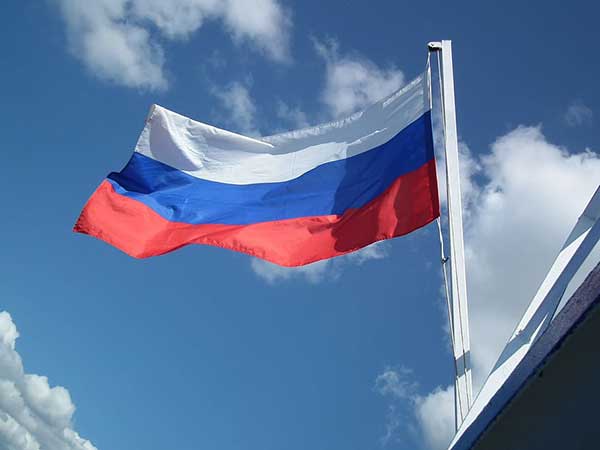Moscow [Russia], September 30: The US is considering a request by Ukraine for long-range Tomahawk missiles, US Vice-President JD Vance has said. However, Vance added President Donald Trump would be making "the final determination" on the matter.
Kiev has long been calling for its Western partners to provide it with weapons that could hit major Russian cities far from the front line, arguing that they would help Ukraine seriously weaken Russia's military industry and bring the war to an end.
"If the cost of continuing the war for Moscow is too high, it will be forced to start peace talks," deputy defence minister Ivan Havryliuk told the BBC.
Kremlin spokesman Dmitry Peskov played down Vance's suggestion, saying there was "no panacea that can change the situation on the front for the Kiev regime." "Whether it's Tomahawks or other missiles, they won't be able to change the dynamic," he added.
Tomahawk missiles have a range of 2,500km (1,500 miles), which would put Moscow within reach for Ukraine.
While Vance remained ambivalent about Ukraine's request for Tomahawks in his remarks on Sunday, the US special envoy to Ukraine, Keith Kellogg, seemed to suggest Trump had already authorised strikes deep into Russian territory.
Asked on Fox News whether Washington had allowed Kiev to carry out long-range strikes within Russia in specific instances, Kellogg said: "The answer is yes, use the ability to hit deep, there are no such things as sanctuaries." Vance and Kellogg's comments match the US administration's recent change of tone regarding the war.
After repeatedly expressing scepticism that Ukraine could continue to hold its own against Russia, last week Trump said Kyiv could "win all of Ukraine back in its original form" - a shift that reportedly even surprised Ukraine's Volodymyr Zelensky.
Trump is known to have been irritated by Russian President Vladimir Putin's surface willingness to discuss ending the war versus the reality of Moscow's persistent bombardments of Ukraine's cities.
On Sunday, a massive 12-hour strike involving hundreds of drones and nearly 50 missiles left four people dead in Kiev and at least 70 injured.
Ukraine's Havryliuk told the BBC Russia was only going to further increase the intensity and severity of its aerial attacks.
To protect its skies from ballistic missiles, Kiev has asked its Western partners for at least 10 units of Patriot surface-to-air defence systems which can detect and intercept oncoming missiles.
Asked whether the Patriot systems Trump promised over the summer were forthcoming, Havryliuk declined to be drawn into specifics but said there was "some movement in this direction". The more drones and missiles are fired by Russia, the harder it is for Ukraine to intercept them.
Earlier this month Moscow fired a record number of more than 800 drones and missiles - the highest since the start of the full-scale invasion of Ukraine in February 2022.
Inevitably, during such large-scale attacks the interception rate drops.
Out of the hundreds of drones used in Sunday's attack, 31 managed to hit their targets. According to President Zelensky, the majority were residential buildings and civilian facilities such as a cardiology centre in Kiev.
As well as being more frequent and intense, aerial attacks are also becoming more dangerous as Moscow is using new and more advanced drones to break through Ukraine's air defence systems, Havryliuk said.
On Monday Zelensky said Ukraine would continue to focus on domestically produced drones and missiles with long-range capabilities.
But until it can step up production of weapons Kiev will remain largely dependent on its allies to provide the air defence systems it needs.
Ukraine is hoping that better protection of its cities with air defence systems combined with long-range weapons able to hit Russian targets will help bring Moscow to the negotiating table.
Source: Qatar Tribune

